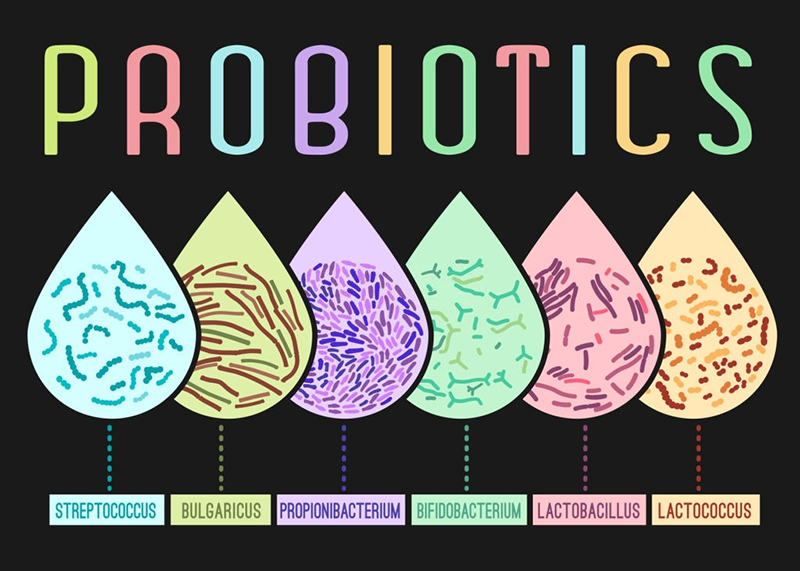Probiotics have become quite popular in recent years, with many claims about their benefits ranging from improving gut health to immunity and even weight loss. However, with so much information available, it can be challenging to separate fact from fiction when it comes to probiotics.
What Are Probiotics?
Probiotics are live microorganisms that provide health benefits when consumed in the right quantities. They are generally referred to as “friendly” bacteria that live in your gut and help maintain the natural balance of microorganisms in your digestive system.
The most common probiotics are strains of Lactobacillus and Bifidobacterium species, which are found in many fermented foods, including yogurt and kefir. Prebiotics, on the other hand, are types of dietary fiber that help nourish the good bacteria in your gut, making it easier for them to thrive and multiply.
The Benefits of Probiotics
Probiotics have been shown to provide numerous benefits for your health, particularly when it comes to digestive health. Here are a few of the most significant health benefits of taking probiotics:
Improving Digestive Health
Probiotics are known to help reduce digestive issues such as constipation, diarrhea, and bloating. They work by restoring the natural balance of bacteria in your gut, which can help improve your digestion and absorption of nutrients from food.
Probiotics can also help treat and prevent various types of diarrhea, including antibiotic-associated diarrhea and traveler’s diarrhea. Additionally, they may help reduce inflammation in the gut, which can lead to better gut health overall.
Boosting the Immune System
Research has shown that probiotics may also help boost the immune system by promoting the production of antibodies and other immune cells. They may also help reduce the severity and duration of respiratory infections, such as the common cold and flu.
Some studies have even suggested that probiotics may help reduce the risk of certain autoimmune diseases, including inflammatory bowel disease and rheumatoid arthritis.
Promoting Heart Health
Some strains of probiotics have been shown to help reduce cholesterol levels, which can lower the risk of heart disease. They may also help reduce blood pressure and inflammation, both of which are risk factors for heart disease.
Separating Fact from Fiction
While probiotics are generally safe and can provide several health benefits, it’s essential to separate fact from fiction when it comes to their effectiveness. Here are a few myths and misconceptions about probiotics:
Myth #1: All Probiotics Are the Same
Not all probiotics are created equal. Different strains of bacteria have different effects on the body, and certain products may contain more live bacteria than others. It’s important to choose a high-quality probiotic that contains strains that have been clinically studied.
Myth #2: Probiotics Are Always Safe
While probiotics are generally safe, they may cause side effects, particularly in people with weakened immune systems. Some of the potential side effects of probiotics include bloating, gas, and diarrhea.
It’s also essential to note that some strains of probiotics may not be suitable for certain individuals, such as those with lactose intolerance or those taking certain medications. Before taking any new supplements, it’s always a good idea to consult with your healthcare provider.
Myth #3: Probiotics Can Replace a Healthy Diet
While probiotics can be helpful, they should not be viewed as a replacement for a healthy diet. To promote optimal gut health, it’s essential to consume a balanced diet rich in fruits, vegetables, lean protein, and whole grains.
Conclusion
Probiotics can provide several health benefits, particularly when it comes to digestive health, immunity, and heart health. However, it’s critical to choose a high-quality probiotic that contains clinically-studied strains and consult with your healthcare provider before starting any new supplements.
Remember, while probiotics can be helpful in promoting optimal gut health, they should not be viewed as a replacement for a balanced, healthy diet.







